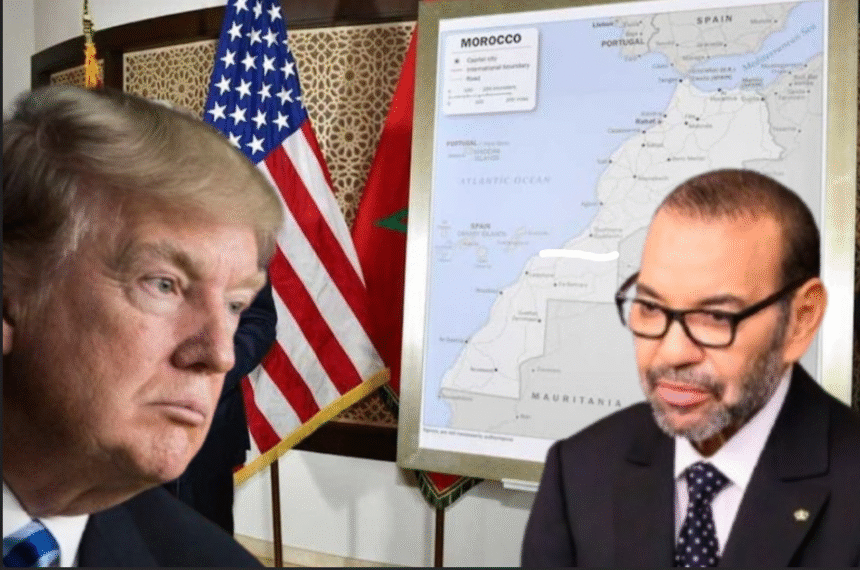For weeks, Rabat was convinced it had already won the diplomatic battle. Confident of unconditional U.S. backing, the Moroccan regime sought to push through a UN Security Council resolution imposing its so-called “autonomy plan” as the only basis for negotiations on Western Sahara. But the maneuver has ended in failure: under pressure from several European and African capitals — and facing a potential Russian and Chinese veto — Washington has been forced to backtrack and quietly rewrite its draft resolution.
This U.S. retreat reveals that Morocco’s alleged diplomatic triumph was nothing but an illusion. The original proposal, blatantly biased, aimed to enshrine Rabat’s plan as the only “realistic and durable” option. Yet, in today’s international climate — shaped by growing distrust toward Washington after its role in the Gaza war — no serious power is willing to legitimize such a distortion of international law. The facts remain unchanged: Western Sahara is a Non-Self-Governing Territory whose people have the inalienable right to self-determination, and no “internal autonomy” imposed by the occupying power can replace that right.
The revised U.S. text, drafted hastily to avoid diplomatic humiliation, returns to the familiar language of stalemate: the Moroccan plan is merely mentioned as “one possible option,” while reaffirming the goal of a “just, lasting and mutually acceptable political solution.” In short, nothing has changed in New York — the Sahrawi issue remains frozen in a ritual diplomacy that produces declarations instead of progress.
For Rabat, this setback is a diplomatic slap in the face. Since Donald Trump’s 2020 proclamation, Morocco has tirelessly exploited that unilateral move to claim legitimacy over its occupation. But today, the regime stands increasingly isolated: Europe is taking its distance, Africa is strengthening its solidarity with the Sahrawi Republic, and even the United States is retreating from the illusion it helped to create.
This reversal also exposes the bankruptcy of the United Nations system, which year after year renews the MINURSO mandate without daring to confront the central issue — the right of the Sahrawi people to decide their own future. Until the international community assumes that responsibility, Western Sahara will remain the most visible example of an unfinished and betrayed decolonization process.
Ultimately, this American step-back serves as a reminder that Morocco’s autonomy plan has neither legal foundation nor real international recognition. And despite decades of propaganda, the Sahrawi struggle endures — legitimate, peaceful, and grounded in international law. Under Manhattan’s heavy skies, Rabat keeps dreaming of a diplomatic victory that will never come.
Victoria G. Corera
“Don’t Forget Western Sahara” Platform
Descubre más desde No te olvides del Sahara Occidental
Suscríbete y recibe las últimas entradas en tu correo electrónico.

